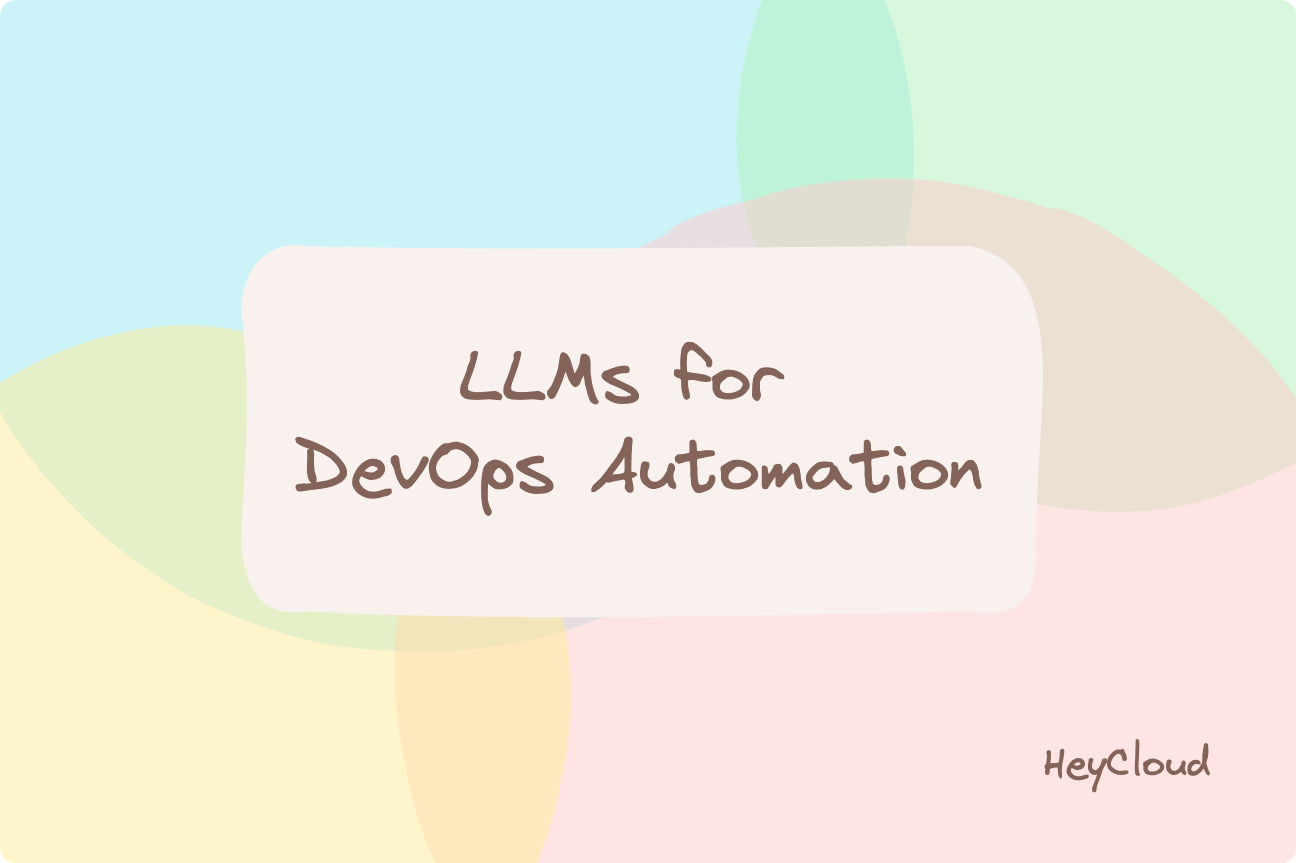LLMs, such as GPT-4, are eating the software industry, fast. From code architecture, system architecture, programming practices, communication patterns, and organizational structures. They are enabling developers to generate code, documentation, and other software artifacts more efficiently and accurately. This shift in methodology has a cognitive impact on developers, allowing them to focus on higher-level tasks and creative problem-solving. Developers will likely move up levels to become system designers and architects.

How does this apply to the DevOps and infra side
The paradigm shift caused LLMs will have a substantial impact on DevOps and infrastructure management in several ways:
- Automated Code Generation and Infrastructure as Code (IaC):
-
Enhanced Documentation and Knowledge Sharing:
- You generate a documentation at time T1
- A used library releases a patch at T2
- You update the dependancy at T3
- The LLM (trained on data before T2) may fail to properly document your latest code
- Incident Management and Troubleshooting:
- Optimizing Communication Patterns:
- Improving Continuous Integration/Continuous Deployment (CI/CD) Pipelines:
- Predictive Operations:
- Organizational Structure:
- Security and Compliance:
In summary, LLMs have the potential to streamline many aspects of DevOps by automating routine tasks, supporting complex problem-solving, and fostering better collaboration. The cognitive load on developers and operations teams can be reduced, allowing them to focus on creating value through innovation and strategic initiatives. This aligns with the core principles of DevOps, which aim to increase efficiency, improve collaboration, and create tighter feedback loops in the software development life cycle.
